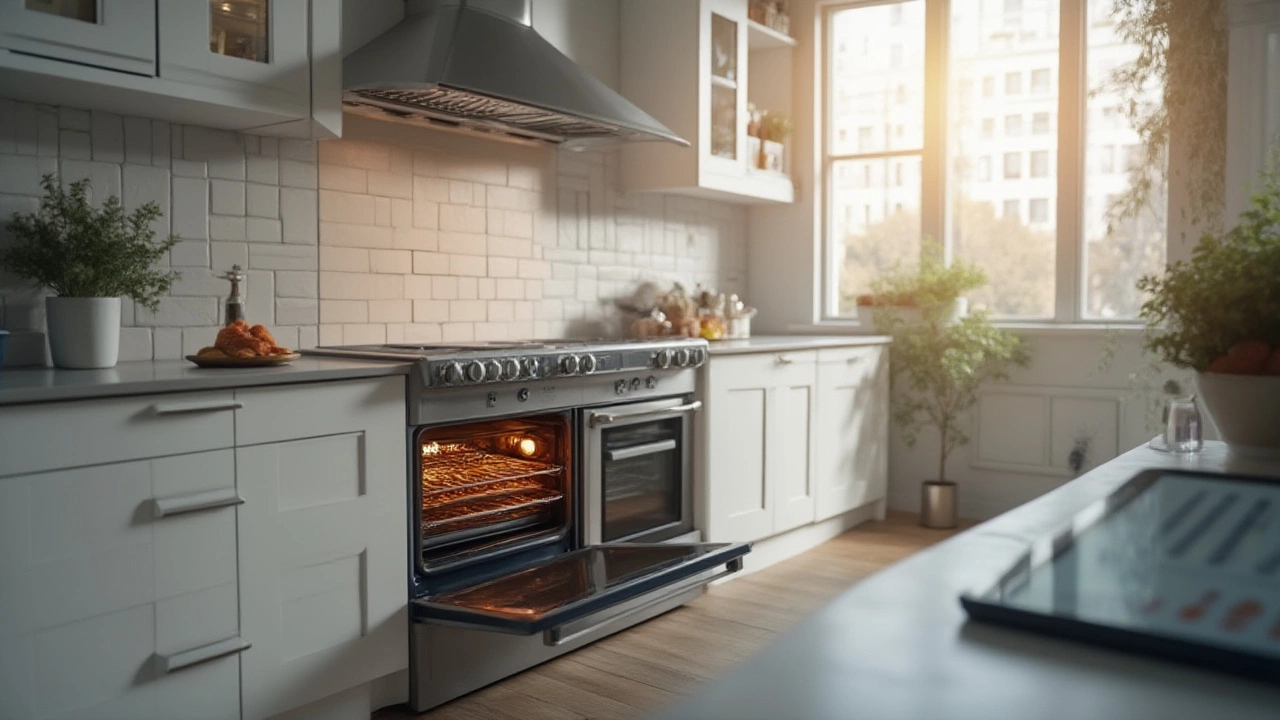When your fridge stops cooling or the washing machine starts making weird noises, the first question that pops up is – should I repair it or replace it? The answer hinges on the replacement cost. Knowing the real price you’ll pay for a new unit helps you avoid over‑spending and makes the decision clearer.
Several factors stack up the price of a new appliance. Brand reputation is a big one – a high‑end brand can be 30‑50% pricier than a reliable mid‑range option. Size and capacity matter too; a large, energy‑efficient fridge will cost more than a compact model. Energy ratings also affect price – a better‑rated unit usually has a higher upfront cost but saves on bills. Finally, installation fees, removal of the old unit, and any required modifications to plumbing or wiring add to the total.
Start with the repair quote. If a qualified tech says fixing the problem will set you back 30‑40% of the price of a new appliance, repair is usually worth it. Anything above 50% starts to look like a replacement, especially if the unit is already 8‑10 years old. Age is a good rule of thumb: most appliances have a typical lifespan – washers 8‑12 years, fridges 10‑15 years, ovens 12‑15 years. If you’re past those numbers, expect more breakdowns and higher repair bills.
Another tip is to check the part cost. A cheap part may make the repair cheap, but a proprietary component can push the price up quickly. When the part itself costs as much as a new machine, replacement makes sense.
Don’t forget hidden costs. A brand‑new fridge often comes with a warranty, while a repaired unit usually has a limited guarantee on the work done. If that warranty expires soon, you could be staring at another fix in a year.
To decide, write down the repair estimate, the price of a comparable new unit, and any extra fees. Compare the totals side by side. If the difference is less than £200, repair is the logical choice. If the gap widens, start looking at replacement options.
One more thing – energy efficiency. Modern appliances use up to 30% less electricity than models from a decade ago. Even if the replacement cost is higher, the lower running costs can pay off in a few years.
In short, weigh the age, part cost, warranty, and energy savings. Use those numbers to see whether repairing or replacing gives you the best bang for your buck.
When you’re ready to buy, shop around online and in‑store. Look for sales, clearance items, or open‑box deals – they can shave a few hundred pounds off the price. Also, ask the retailer about free delivery or disposal of the old unit; many offer that as part of the package.
Bottom line: understanding replacement cost isn’t just about the sticker price. It’s about the total cost of ownership, including repair history, energy use, and future reliability. Keep these points in mind, run the quick math, and you’ll make a decision that saves you money and stress.

Need to replace your electric oven element? Find out how much it costs, what affects the price, and the best options for repairing your oven in 2025.

Repairing a glass hob is an essential task for maintaining a functional and modern kitchen. The cost of fixing a glass hob can vary greatly depending on the damage's severity and the required repair type. This article delves into the various factors influencing repair costs, from crack treatment to replacement solutions. It also provides tips for maintenance to prolong the lifespan of your hob and prevent future damage.

Water heaters don't last forever, so it’s important to know how long yours might stick around. Generally, these devices are built to last about 8 to 12 years, but several factors can influence their longevity. By understanding signs of wear, maintenance tricks, and when it's time to say goodbye to your old model, you can ensure hot showers won't become a thing of the past. Let's break down everything you need to know about your water heater's lifespan.

Ovens are essential in any kitchen, but they can sometimes act up. Whether it's uneven cooking, a door that won't close, or strange noises, there's usually a straightforward explanation—and solution. This article delves into typical oven issues, offers handy tips to troubleshoot them, and suggests when it's time to call a professional. Knowing these basics can help keep your oven running smoothly.

Experiencing a sudden loss of hot water can be inconvenient and potentially alarming. Understanding common reasons for this issue, such as thermostat malfunctions or a broken heating element, can help you troubleshoot the problem. Sometimes the solution is as simple as relighting the pilot light or adjusting the thermostat settings. For more complex issues, professional repair might be necessary. This article provides insightful tips and practical information to help you get your hot water flowing again.

Stuck with a broken boiler and a cold house? This guide shares quick, practical steps to keep your home warm without a working boiler. Learn about safe heating alternatives, ways to trap heat, and smart tricks for getting through chilly nights. Find out what to avoid, when to call a professional, and how to prep for future breakdowns. Perfect for homeowners who want to stay safe and comfortable during a boiler emergency.